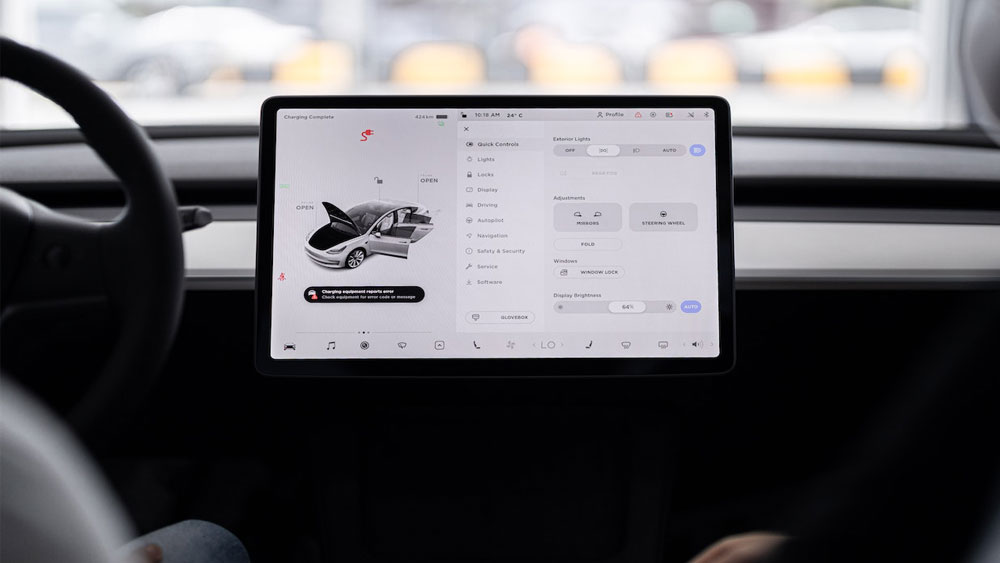Medical Consultations in the AI Era: Top Ways to Adapt

The healthcare landscape is rapidly evolving, with artificial intelligence (AI) playing an increasingly central role in how medical consultations are conducted. From enhancing diagnostic accuracy to streamlining patient communication through monitoring gadgets, AI technologies are reshaping the way doctors and patients interact. This shift presents challenges and opportunities for healthcare providers who must learn to adapt to this new era. As AI becomes a partner in medical consultations, understanding how to effectively integrate it into clinical practice is important for maintaining quality care and patient trust. This blog explores the top ways medical professionals and patients can adapt to the AI era of consultations, ensuring a seamless blend of technology and human touch.
AI in Healthcare Explained with Real-Life Examples
1. Embracing AI-Powered Diagnostic Tools

One of the most transformative impacts of AI in medical consultations is the rise of AI-powered diagnostic tools. These tools utilize vast amounts of data, including medical images, patient histories, and laboratory results, to assist doctors in making more accurate and timely diagnoses. As we can see on this website, by embracing these tools, healthcare providers can reduce diagnostic errors and improve patient outcomes. Successful adaptation requires clinicians to understand the capabilities and limitations of AI diagnostics. Instead of viewing AI as a replacement, they should see it as a valuable assistant that augments their clinical judgment. Training and continuous education on interpreting AI-generated insights will help ensure these tools are integrated effectively and ethically.
2. Enhancing Patient Engagement Through Virtual Assistants
Virtual health assistants, often powered by AI, are becoming increasingly common in medical consultations. These assistants can handle routine inquiries, schedule appointments, provide medication reminders, and even conduct initial symptom assessments. For patients, this means greater accessibility and convenience, especially for those managing chronic conditions or living in remote areas. Medical professionals should incorporate these virtual assistants to enhance patient engagement and streamline administrative tasks, allowing more time for personalized care during face-to-face consultations. To adapt, providers must ensure these tools are user-friendly and capable of escalating complex cases to human doctors, maintaining a balance between automation and personal interaction.
3. Protecting Patient Privacy and Data Security
The integration of AI in medical consultations relies heavily on the collection and analysis of sensitive patient data. Protecting patient privacy and ensuring data security have become paramount concerns. Healthcare providers must adapt by adopting robust cybersecurity measures and complying with evolving regulations like HIPAA or GDPR. Transparency with patients about how their data is used and stored fosters trust and willingness to engage with AI tools. Medical institutions should invest in secure AI platforms designed with privacy in mind and regularly audit their systems to identify and mitigate vulnerabilities. This proactive approach safeguards patient information and aligns with ethical standards in the digital healthcare era.
4. Training Healthcare Professionals in AI Literacy
For medical consultations to benefit fully from AI, healthcare professionals need adequate training in AI literacy. This involves more than just understanding how to operate AI tools; it requires grasping the underlying principles of AI algorithms, recognizing potential biases, and interpreting AI outputs critically. Medical schools and continuing education programs must incorporate AI-related curricula to prepare current and future clinicians. By fostering AI literacy, healthcare providers can make informed decisions about when to trust AI recommendations and when to rely on their expertise. This education empowers doctors to act as effective intermediaries between AI technology and patients, ensuring AI enhances rather than detracts from clinical care.
5. Customizing AI Solutions to Local Healthcare Needs
AI technologies in healthcare are often developed with broad applications in mind, but local healthcare environments vary greatly in terms of patient demographics, disease prevalence, and resource availability. To adapt successfully, healthcare providers should advocate for or participate in customizing AI solutions that address the specific needs of their communities. This customization can improve the relevance and effectiveness of AI recommendations and ensure equitable access to advanced medical consultations. Collaboration between clinicians, data scientists, and policymakers is crucial in developing AI systems that are culturally sensitive, linguistically appropriate, and tailored to the healthcare infrastructure of different regions.
6. Fostering Human-AI Collaboration in Clinical Decision-Making

While AI can offer valuable data-driven insights, the human element remains irreplaceable in medical consultations. Empathy, ethical judgment, and the ability to navigate complex social factors are areas where human clinicians excel. To thrive in the AI era, healthcare providers must foster collaboration between human expertise and AI capabilities. This means using AI outputs as decision support rather than definitive answers, encouraging shared decision-making with patients, and maintaining clear communication about the role of AI in their care. By embracing this collaborative model, medical consultations can become more precise, personalized, and patient-centered, ultimately improving trust and health outcomes.
Conclusion
As AI continues to reshape medical consultations, adapting to this new era is a challenge and an opportunity for healthcare providers and patients alike. By embracing AI-powered diagnostics, enhancing patient engagement, safeguarding privacy, training clinicians, customizing solutions, and fostering collaboration, the healthcare sector can ensure that AI serves as a tool that amplifies the human touch rather than replacing it. The future of medical consultations lies in the synergy between cutting-edge technology and compassionate care, and those who adapt wisely will lead the way.

news via inbox
Sign up and never miss out on the latest news and updates at HighStuff




